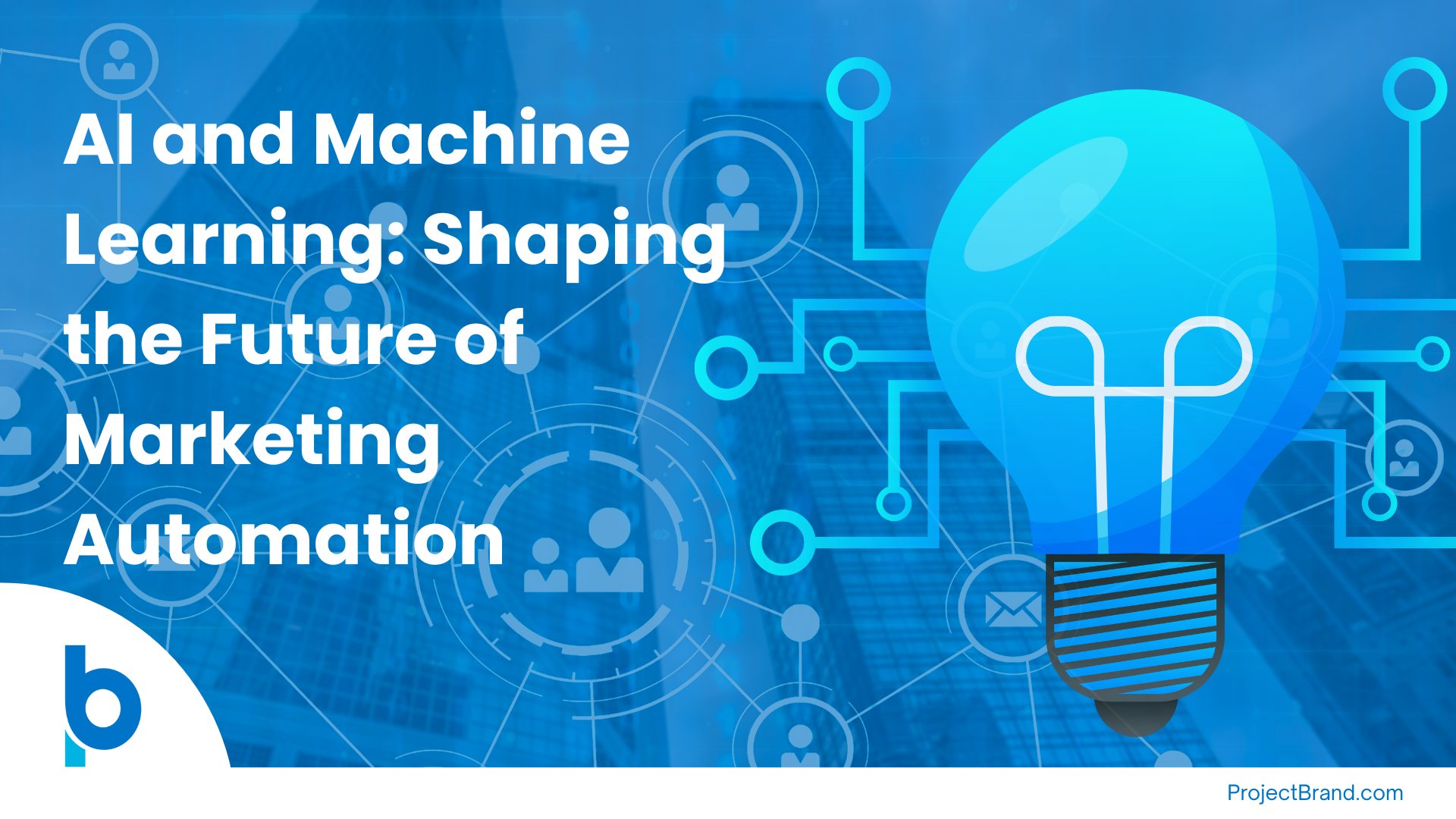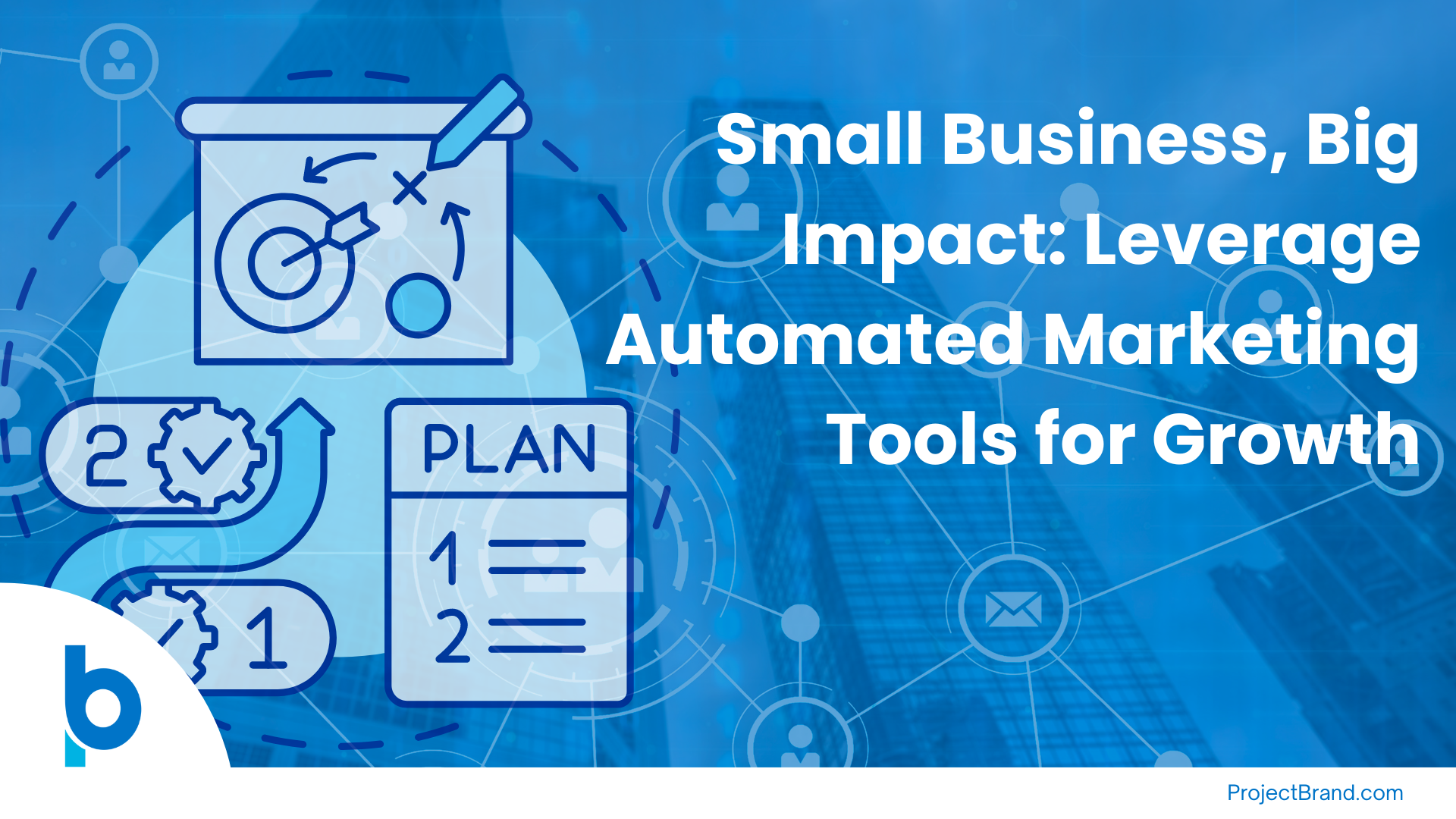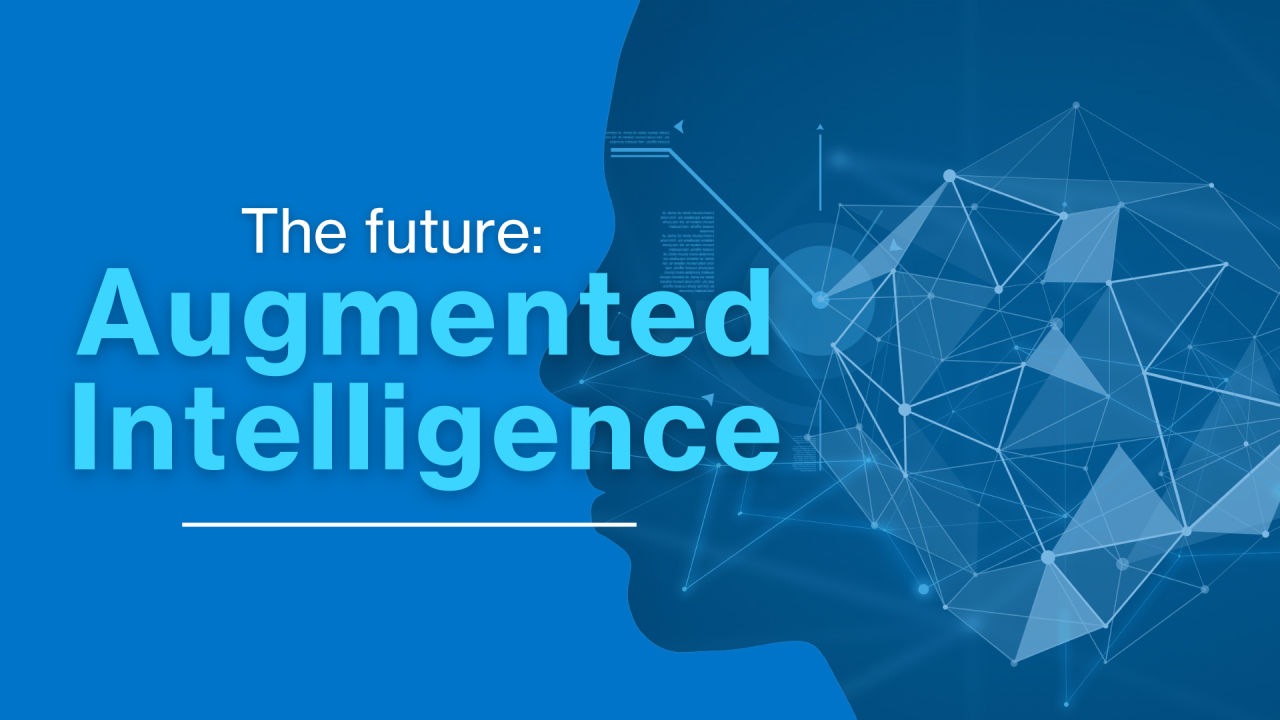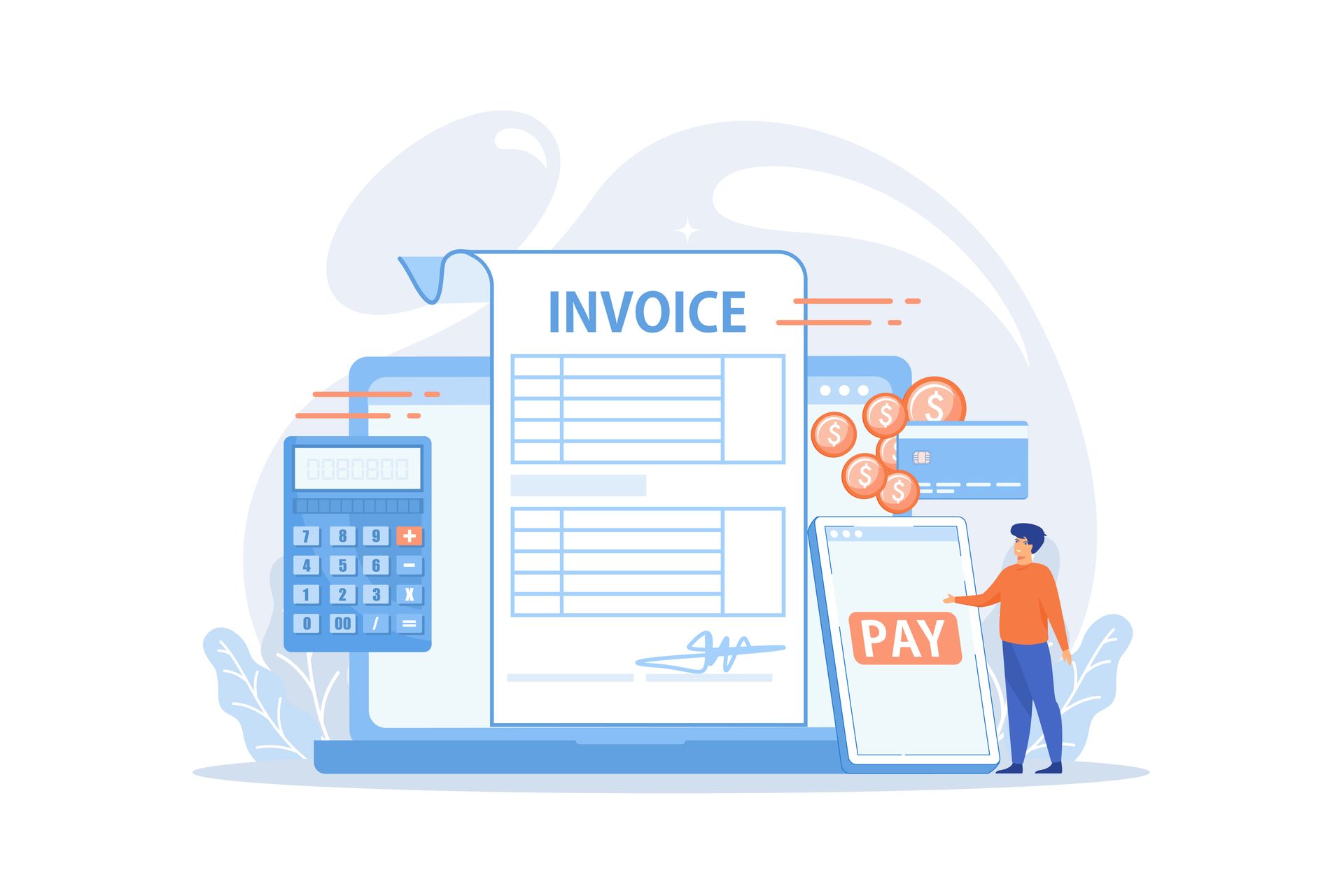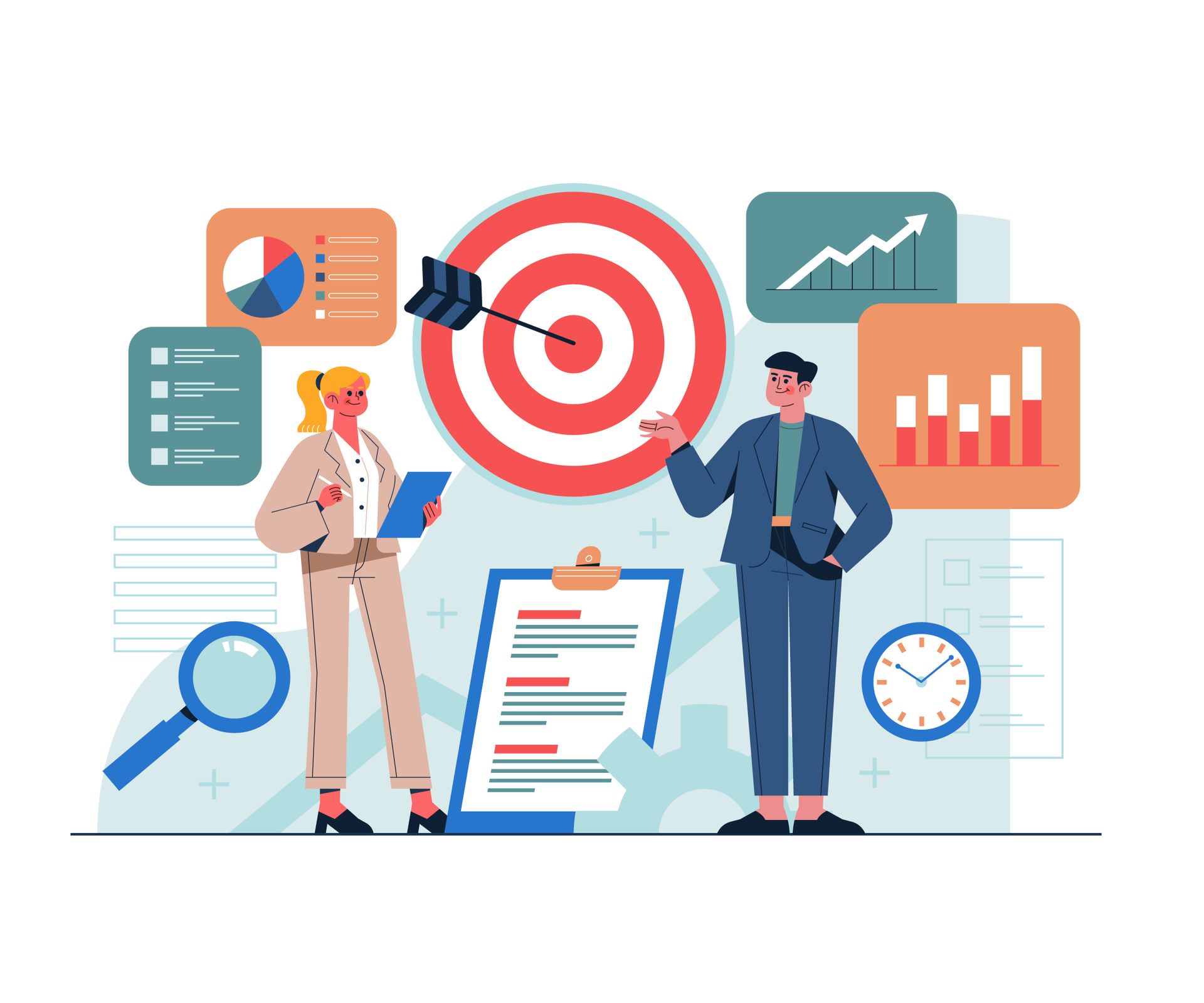Receive our Newsletter
The Future of Digital Marketing Automation: Unlocking Efficiency and Growth
“Automation is driving the decline of banal and repetitive tasks.” —Amber Rudd
Digital marketing automation has revolutionized the way marketers operate, streamlining processes and enhancing the effectiveness of campaigns. As technology continues to advance, the question arises: will digital marketing ever be fully automated?
In this article, we will explore the current landscape of digital marketing automation, delve into its components, discuss its limitations, and envision its future.
Understanding Digital Marketing Automation
Digital marketing automation involves the utilization of software robots to streamline and optimize marketing processes such as data analysis, campaign management, and more. It aims to eliminate repetitive and time-consuming tasks, allowing marketers to focus on strategic initiatives that require their expertise.
By leveraging automation tools, marketers can significantly improve the efficiency and effectiveness of their marketing efforts.
The Components of Digital Marketing Automation
Digital marketing automation encompasses various components that enable marketers to automate different aspects of their work.
Let's explore some of these components:
Segmentation: Unlocking the Power of Data
Segmentation is crucial in digital marketing, allowing marketers to target specific customer groups with personalized campaigns. Automation technology and marketing technology solutions enable marketers to analyze data and segment customers and prospects effectively.
By understanding the behavior and preferences of different segments, marketers can create targeted, data-driven campaigns that drive better results.
Campaign Delivery: Personalization at Scale
Delivering personalized messages to potential customers is crucial for successful marketing campaigns. Automation tools enable marketers to tailor their messages, ensuring they contain valuable and relevant information delivered at the right time.
By automating selecting recipients, building emails, and analyzing performance metrics, marketers can optimize their campaigns and make data-driven adjustments for better results.
Workflow Automation: Streamlining Marketing Processes
Building effective workflows is essential for successful automated marketing. Workflows help in various aspects of digital marketing, from lead nurturing to customer retention. By automating scheduling, follow-ups, and data entry tasks, marketers can save time and reduce the risk of human error.
Workflow automation streamlines marketing processes, allowing marketers to focus on strategic planning and achieving their business goals.
Social Media Management: Leveraging Automation for Efficiency
Social media plays a significant role in modern marketing strategies. Automation tools enable marketers to schedule social media posts in advance, ensuring consistent and timely content delivery.
Social media automation software also provides valuable insights by analyzing post performance metrics, allowing marketers to understand their audience better and improve future posts and campaigns.
The Limitations of Automation in Marketing
While digital marketing automation offers numerous benefits, there are limitations to what can be fully automated. Tasks that require creativity, critical thinking, and a human touch, such as creative writing, art, designing, and marketing strategy, are better left to skilled marketers.
Automation technology cannot replicate these tasks, as they require the ability to think outside the box and adapt to changing market dynamics. However, automation can alleviate the burden of repetitive tasks, enabling marketers to focus on more strategic and creative aspects of their work.
The Future of Digital Marketing Automation: A Glimpse into Tomorrow
The future of digital marketing automation is promising, with new advancements on the horizon. As technology evolves, automation is expected to replace more manual processes and leverage more advanced technologies. AI and machine learning will continue to play a crucial role in data analysis, enabling marketers to predict trends and make informed decisions for their campaigns.
Additionally, automation will extend beyond traditional marketing channels, with customer service roles being automated through tools like website chatbots.
While the future of automation in marketing is bright, many businesses are still catching up to the current standards. According to recent statistics, only 51% of companies currently use some form of marketing automation, highlighting the untapped growth potential.
Companies that embrace automation technology gain a competitive advantage by streamlining their marketing processes, improving efficiency, and ultimately outpacing their competitors.
Embracing the Power of Automation: The Bottom Line
Digital marketing automation is revolutionizing the field, enabling marketers to streamline processes, analyze data, and optimize campaigns. By leveraging automation tools, marketers can save time, improve efficiency, and achieve better results.
The future of automation holds even more promise, with advancements in AI and machine learning shaping how marketers leverage data and create personalized campaigns.
As technology evolves, businesses must embrace automation and integrate it into their marketing strategies. By doing so, they can stay ahead of the curve and unlock the full potential of digital marketing automation. The journey towards fully automated marketing may still be ongoing, but the benefits of automation are undeniable.
So, take the leap, embrace automation, and unlock the power of technology to drive your marketing success.

